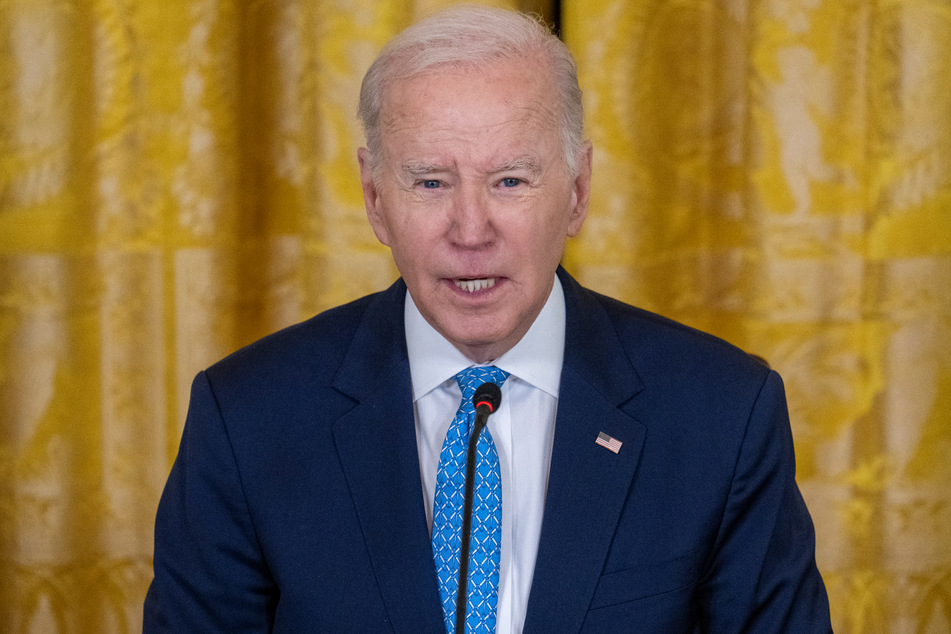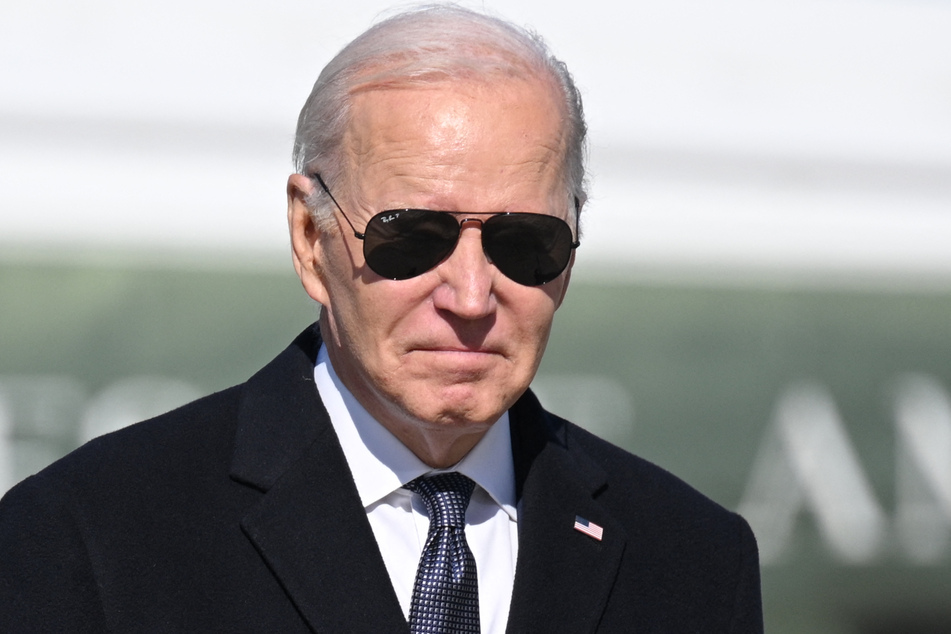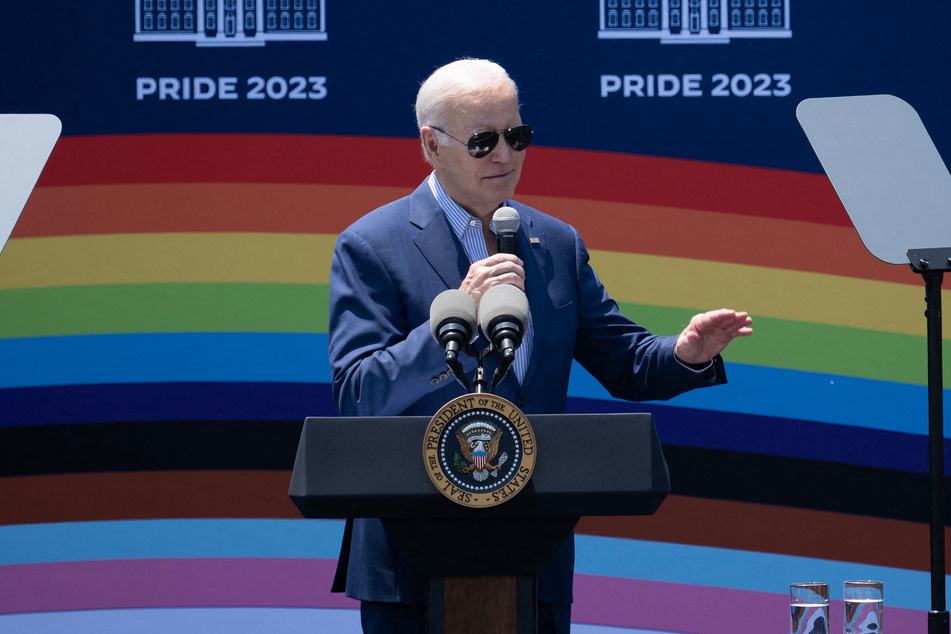Biden re-election may hinge on winning over white working-class voters
Washington, DC - He calls himself "Joe from Scranton," the offspring of a family from a blue-collar city who wants to preserve the dignity of all working people. But President Joe Biden will have his work cut out for him if he is to win over some of the working-class voters who cast ballots for Donald Trump in the last election.

White working-class voters – those without higher education – accounted for at least 42% of the total electorate in 2020, according to Pew Research.
This group "is the pivotal vote" in the November 2024 presidential election, says Jefferson Cowie, a Vanderbilt University historian and author of
Freedom's Dominion, which won a Pulitzer Prize last year.
Trump, the former president who is the overwhelming favorite to be the Republican nominee in 2024, seeks to maintain or even extend his advantage among those voters.
Since the mid-1960s, the white working-class electorate has voted overwhelmingly for Republicans. It played a crucial role in bringing the real estate tycoon and reality show star to power in 2016.
In 2020, Biden did better with these voters than Hillary Clinton did in 2016, capturing 33% of their votes, but still far behind Trump's 65%, according to Pew Research.
President Biden hopes to convert working-class voters with "Bidenomics" plan

At a time when low and middle-income households are the first to be hit by inflation, without always benefiting from strong growth, the Democratic president knows he can't afford to lose ground.
Indeed, he needs to regain ground in certain swing states, such as Michigan, which Biden visited in September to become the first president to speak to auto workers on a picket line.
Biden, a product of the middle class facing off against the billionaire Trump, inaugurates factories with the promise of "rebuilding America with blue-collar workers," part of an economic plan dubbed Bidenomics.
"It's a terrible name," Cowie says.
The term is meant to describe Biden's wide-ranging, often highly ambitious focus on purchasing power, energy transition, and infrastructure.
Biden, as economic helmsman, is "doing a good job" but his program has no "visionary stamp on it," Cowie says, contrasting it with Reaganomics, President Ronald Reagan's ultraliberal economic policy of the 1980s.
"People knew that [Reagan's policy] was going to get the government off your back," he says. "Bidenomics... is hard to categorize."
"Visceral" cultural issues may drive voter decisions in 2024 presidential election

Cowie says Democrats have always had the failing of being "technocrats."
"The Democrats get lost very fast in the technical weeds," he says. "It's like, well, this percentage is going to lead to that. And that's just totally different than, 'I'm gonna defend the American family from liberal craziness,'" in the words of Trump, who Cowie describes as "an intuitive political genius."
Trump "has no idea what he's talking about or doing, but he has a great capacity to throw a phrase out at the audience and see whether he's getting response and if he does, he'll play with that."
Until the 1970s and 1980s, the white working-class vote was relatively homogeneous, coalescing around economic issues and organized by powerful unions, Cowie says.
But Republican presidents Richard Nixon, and later Reagan, "broke off that white, blue-collar vote" by mobilizing them on more "visceral" cultural issues instead – such as abortion, religion, the right to bear arms, immigration, sexuality, and racial inequality, he says.
Cowie speaks of public discourse focused in part on "masculinity" – or more broadly on "patriarchy."
"Entire families can get swept up into that. So 'we're against abortion. We're against transgender rights. We're against anything that threatens the Christian-based white male breadwinner power.'"
Working-class voters "will talk about bread and butter... issues, but so often vote on... more hot button cultural values," Cowie says, adding that those matters are often "so intense, they're so visceral."
Cover photo: JIM WATSON / AFP

